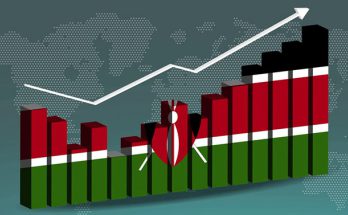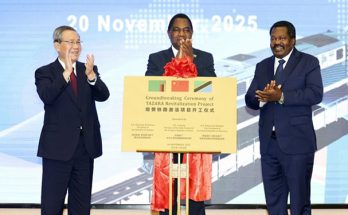 The Indonesian government expected South Africa to be an entry point for domestic products, particularly for countries in the African region under Southern African Custom Union (SACU).
The Indonesian government expected South Africa to be an entry point for domestic products, particularly for countries in the African region under Southern African Custom Union (SACU).
Director General of National Export Development of the Ministry of Trade Arlinda stated that South Africa is the largest country in the SACU, which consists of five countries, namely Botswana, Lesothao, Namibia, Swaziland, and South Africa.
“Indonesia considers South Africa as a center of investment, trade, and gateway to obtain access to African markets, in particular, to open trade cooperation with the SACU member countries,” she stated, during a speech at the Indonesia-South Africa Business Forum here, on Thursday local time.
So far, the trade relations between Indonesia and South Africa are still constrained by the imposition of high import tariffs. As import duties in Africa range from 20 percent to 40 percent, it would certainly reduce the competitiveness of Indonesian products due to unfair treatment.
The Indonesian government planned to open options and explore the possibility of agreeing on a Preferential Trade Agreement (PTA) to resolve the issue, both with South Africa and other member countries of the SACU.
“I believe tariff reduction is one of the aspects to increase the trade value between Indonesia and South Africa, as well as the SACU member countries,” Arlinda stated.
Meanwhile, Indonesian Ambassador to South Africa, Suprapto Matosetomo, remarked that if Indonesian products are able to enter and compete in the South African market, then the products will be acceptable to other countries that enter the distribution channels of South Africa.
“I see that the products in South Africas neighboring countries come from South Africa. The country has a tremendous impact on its neighboring countries and can be the entrance to Indonesian products,” he explained.
So far, the total trade value between the two countries in 2016 was only in the range of US$1 billion. Of the total trade value, the value of exports reached $727.8 million, while the value of imports was worth $290.8 million. Thus, Indonesia has recorded a surplus of $437 million.
Indonesias export products to South Africa include palm oil, rubber, automotive products, chemicals, shoes, and cocoa, while imported products include wood powder, aluminum, fruits, and copper from South Africa.
“Import tariffs are still high, and there are also non-tariff constraints,” he remarked.
Based on the observation of the Indonesian Embassy in Pretoria, South Africa, one of products with high import tariffs in Africa is furniture, which is at 20 percent, while the tariff for childrens garments ranged from 40 percent to 50 percent. Hopefully, both countries could agree on the option of tariff reduction in order to boost Indonesias exports.
The Indonesian government expected to accelerate the formation of PTA in order to encourage a balanced trade with countries in African region. The Trade Ministry of Indonesia encourages equitable bilateral cooperation with African countries to facilitate the flow of goods.
The Indonesian government stated that it has conducted a comprehensive study in order to stipulate the items to be listed on the list of offers and requests in the PTA.



